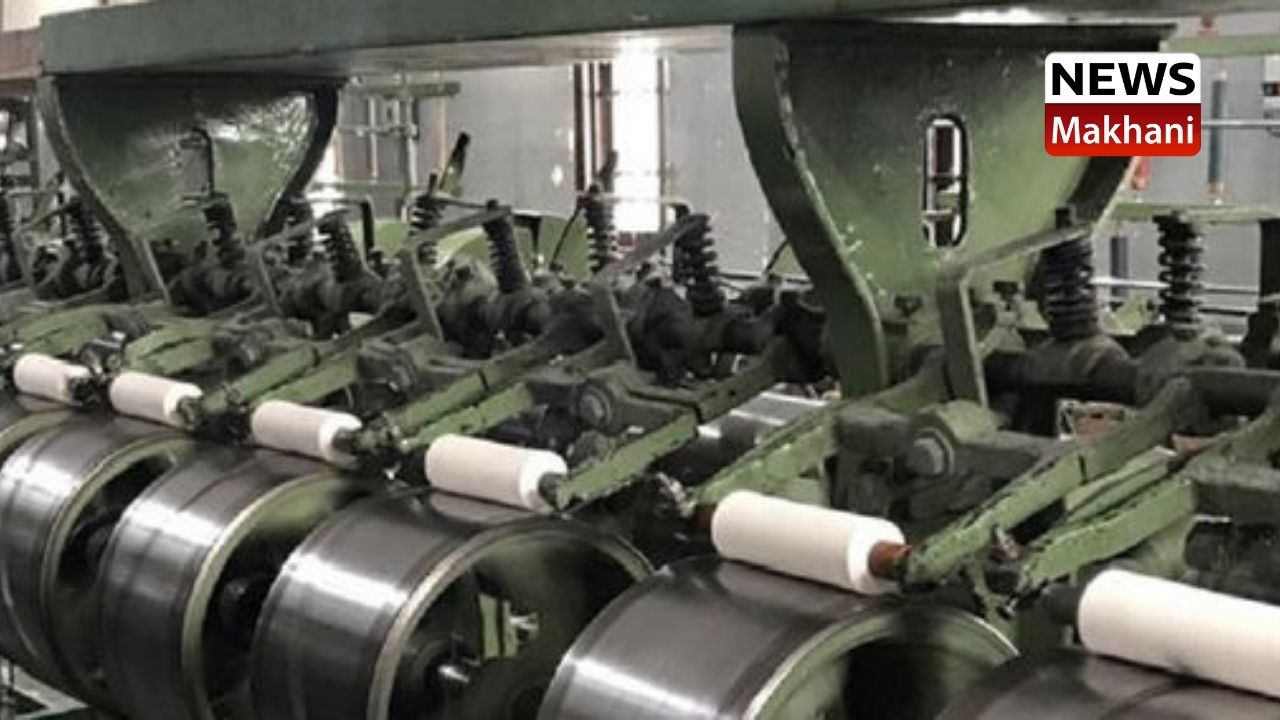Transforming J&K
JKIP-2021-30: An era of socio-economic development for J&K
The policy will transform J&K from ‘Aspirational’ to Industrially Advanced’ region
SRINAGAR, FEBRUARY 20 2022
The hallmark of any developed region is the fine balance between manufacturing, services and agriculture sectors. The industrial landscape of the UT of J&K is dominated by MSME as it contributes about 8% to the GSDP and employs the largest number of people in services and manufacturing sectors. Around 25000 MSMEs are operational in the UT employing around 90% of the industrial workforce here.
READ MORE :-CRM Team concludes 2-day visit to Udhampur
In this backdrop, the Jammu and Kashmir Industrial Policy (JKIP)-2021-30 is a welcome change over the previous industrial policies. Combined with the incentives offered under “New Central Scheme for Industrial Development of Jammu and Kashmir” notified by Department for Promotion of Industry and Internal Trade (DPIIT), Government of India, in 2021, the industrial ecosystem in J&K is set to witness a paradigm shift.
The new policy is different from the industrial policies that were in operation prior to this policy. The dispensations of the erstwhile J-K state had adopted industrial policies from time to time (i.e. 1995, 1998 & 2004) the latest being Industrial Policy, 2016. To support the old industrial policies, the Indian government sanctioned packages of incentives for the industrial development of the erstwhile state at different intervals namely Central Capital Investment Scheme, 2002, 2012; Scheme of Budgetary Support under Goods and Services Tax regime and JKIDS 2018 but the industrial sector in Kashmir failed to compete with other parts of the country.
According to the new industrial policy, which has come into effect on April 1, all industrial units coming into commercial production as well as the existing units undertaking substantial expansion, shall be entitled for incentives under this policy.
The new policy has a spending outlay of Rs 28,400 crore (Rs 284 billion), the largest incentive to date, on the industrial development of Jammu and Kashmir for the next 15 years. It is expected to generate an investment of Rs 20,000 crore (Rs 200 billion) and employment of 4.5 lakh over the plan period.
This is the first block-level development project that intends to undertake the process of industrialisation at the very grassroots level using the local resources, skill, and talent available domestically.
The policy specifically promises an era of socio-economic development in the region, catering to the aspirations of the people of Jammu and Kashmir. The policy has been aimed to prioritise the aspirations of the entrepreneurs while putting in concerted efforts for making Jammu and Kashmir the most investor-friendly union territory. It also encourages and facilitates people who want to join the wagon of the industrial sector in Jammu and Kashmir.
The policy specifically promises an era of socio-economic development in the region, catering to the aspirations of the people of Jammu and Kashmir. This shift is directed towards ensuring the transformation of J&K from an ‘aspirational’ to an ‘industrially advanced’ region. The policy aims at driving industrial growth in an environment of stability wherein dynamic competition is allowed for the betterment of traditional core sectors such as Agriculture and allied sectors, food processing, tourism, health, pharmaceuticals etc.
To promote Ease of Doing Business in J&K, the ‘Single-Window approach’ of the New Industrial Policy is envisaged to streamline the government’s role as a ‘facilitator, partner, provider, collaborator and promotor’. With conducive ease of doing business, setting up of Land Bank and handholding of MSMEs, J&K is all set to position itself as a lucrative investment destination in India over next 10 years.
The new policy also outlines various themes of intervention in the domain of training in ITIs, industry and university collaboration and to encourage investment in capacity building by providing adequate financial support. The proposed Entrepreneur and Skill Development Fund shall prove to be a game-changer. The policy aims at “minimum regulation and maximum facilitation” keeping in mind the unique geographical location and environmental dynamics of UT. Environment Protection forms the bed-rock of the new policy and thus in consonance with the idea of “sustainable development”. The new policy aims at promotion of new industries in the UT of J&K in fields of IT, Healthcare and Pharmaceuticals, Agriculture and Food Processing, Education and Skill Development etc. At the same time, it also sets a holistic plan for revival of sick units with adequate regulatory support and financial incentives. “Zero Effect- Zero Defect” productivity is very much achievable in light of the new industrial policy.
In brief it is evident that the potential of new industrial policy in terms of job creation, promotion of innovation and entrepreneurship, balanced development of all the regions of J&K and improving the quality of life is all set to be realised with the cluster-based approach and optimum realisation of resources.
‘Tradition, Growth and Transformation’-the slogan of new industrial policy is all set to herald a new era of growth and prosperity for the UT of Jammu and Kashmir.

 English
English






